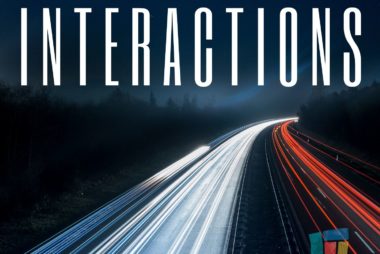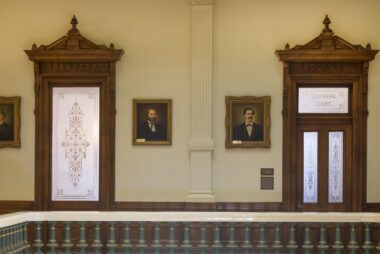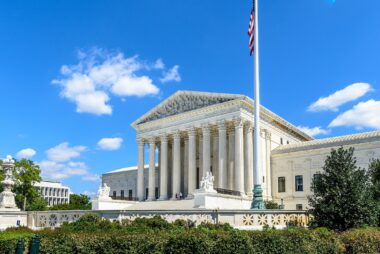“Law, Religion, and Coronavirus between the United States and the European Union” by Alejandro González-Varas
Photo of cells by Centers for Disease Control and Prevention (Public Domain) A virtual conference organized in partnership with Brigham Young University Law School, Emory University Law School, Notre Dame Law School, St. John’s University School of Law, and the Villanova University Charles Widger School of Law. View the full video and browse all essays here.…





